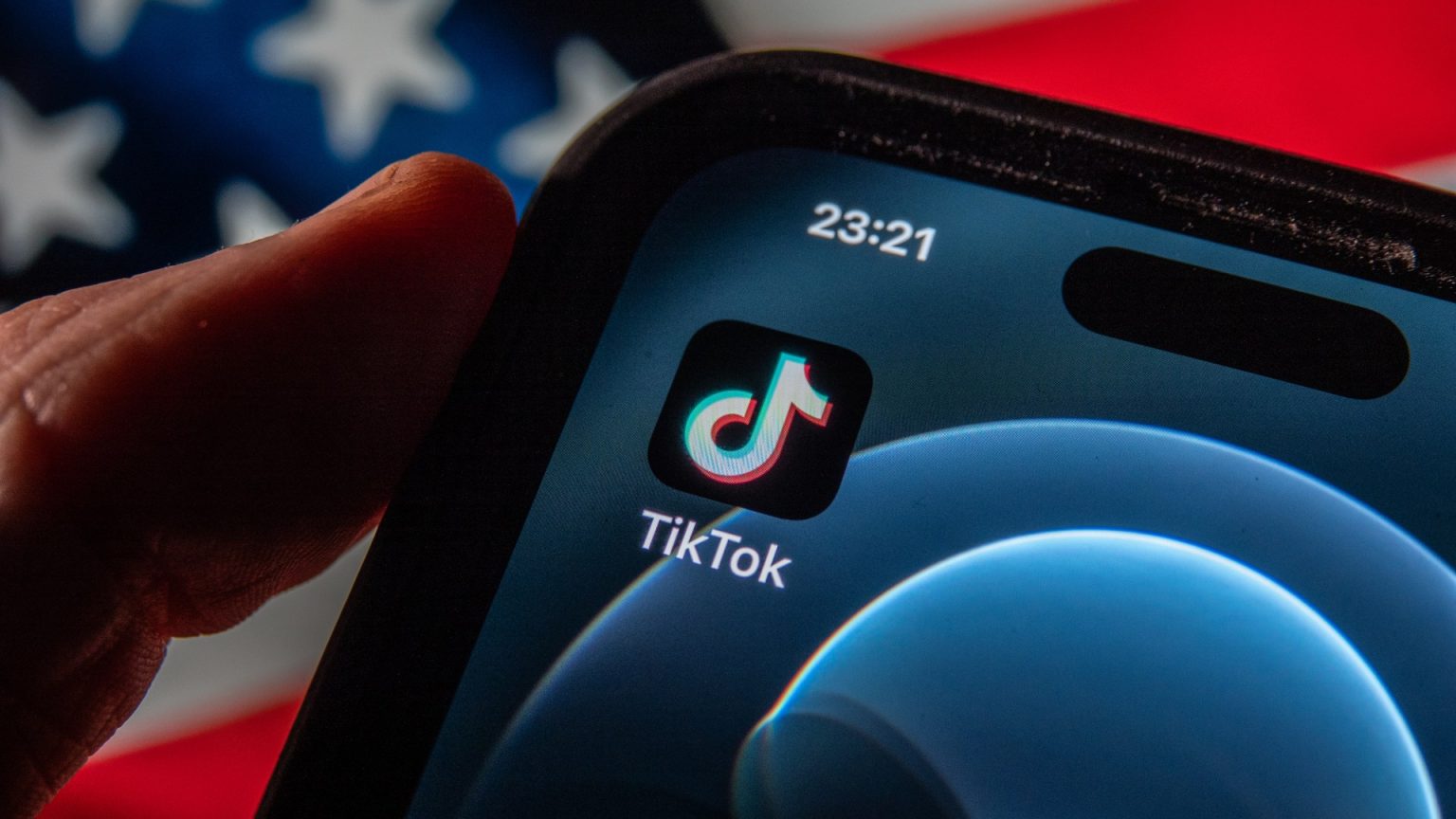TikTok’s future in the United States hangs precariously in the balance, entangled in a complex web of national security concerns and international political tensions. The popular short-form video platform, owned by Chinese tech giant ByteDance, faces a looming ban if the company fails to divest its US operations by January 19, 2025. This deadline was established by the National Security Act of 2024, signed into law by President Joe Biden, extending the original six-month divestiture period mandated by the House of Representatives. The underlying apprehension stems from fears that the Chinese government could potentially access user data through ByteDance, thus posing a national security threat. Despite repeated denials of such ties and criticisms of these concerns as “misguided and based on fundamental misconceptions,” TikTok continues to face mounting pressure from US lawmakers. Even rumors of a potential acquisition by Elon Musk, which TikTok swiftly dismissed as “pure fiction,” have failed to alleviate the escalating situation.
The controversy surrounding TikTok extends far beyond American borders, reflecting a growing global unease about the platform’s data collection practices and its potential links to the Chinese Communist Party (CCP). Several countries, including the UK, EU, Canada, Australia, New Zealand, and Taiwan, have mirrored the US by banning TikTok on government-issued devices. While the UK government has yet to impose a nationwide ban, it remains a possibility, especially given former Prime Minister Rishi Sunak’s prior statements indicating the UK’s intention to align with its allies’ actions. The app continues to be under review by UK security officials, with data privacy concerns at the forefront of the ongoing scrutiny. The extensive data TikTok collects, ranging from location and viewing habits to keystroke rhythms, raises significant questions about user privacy and potential vulnerabilities.
The US ban, if implemented, would represent a significant blow to TikTok, cutting off access for its estimated 150 million American users. The platform has already begun preparations for a potential shutdown, bracing for the consequences of a forced exit from the lucrative US market. While TikTok enjoys immense popularity globally, boasting over 1.8 billion users worldwide, the escalating pressure from Western governments poses a serious threat to its continued growth and dominance in the social media landscape. The company’s insistence on its independence from CCP influence has so far failed to assuage concerns, highlighting the deep-seated distrust and geopolitical tensions that underpin the current standoff.
While not as drastic as a complete ban, other countries have also taken measures to restrict TikTok’s operations. India, for instance, implemented a permanent ban in 2021 following concerns about user data mining and potential threats to national security. Pakistan has imposed several temporary bans, citing concerns about immoral content, although these bans have been subsequently lifted. Similarly, Indonesia briefly banned the app in 2018 before lifting the ban after TikTok agreed to censor certain content. Other countries like Afghanistan, Somalia, and Nepal have also imposed bans or restrictions, citing concerns ranging from the protection of youth to national security.
The global response to TikTok underscores the increasing scrutiny facing tech companies, particularly those with ties to potentially adversarial nations. Concerns surrounding data security, privacy, and the potential for misuse of information have fueled a wave of regulatory action aimed at curbing the influence and reach of these platforms. The case of TikTok serves as a prominent example of this trend, highlighting the delicate balancing act between promoting innovation and safeguarding national interests in the digital age. The escalating tensions and the potential for a US ban illustrate the complex challenges posed by the intersection of technology, geopolitics, and national security.
The future of TikTok remains uncertain, with its fate hanging in the balance. Whether ByteDance will choose to divest its US operations or face a complete ban remains to be seen. The outcome of this ongoing saga will have significant ramifications not only for TikTok and its users but also for the broader tech industry and the evolving landscape of global data governance. It serves as a cautionary tale, highlighting the increasing importance of addressing data security and privacy concerns in an increasingly interconnected and politically charged world.











